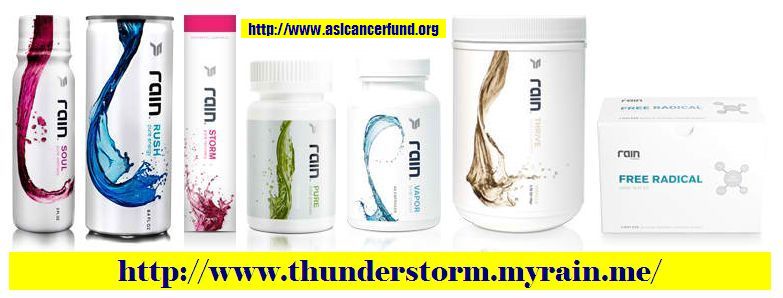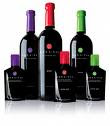 As it turns out, even though Diamonds may be a Woman's best friend...that could totally be the wrong choice...it is the wrong STONE!!! PEACHES and PLUMS could well turn out to be a Woman's BEST FRIENDS, from the perspective of HEALTH!!! Peaches and plums are fruits known as "STONE" fruits because of their large, stone-like seeds. Recent studies have revealed that Breast cancer cells were destroyed by peach and plum extracts!!!
As it turns out, even though Diamonds may be a Woman's best friend...that could totally be the wrong choice...it is the wrong STONE!!! PEACHES and PLUMS could well turn out to be a Woman's BEST FRIENDS, from the perspective of HEALTH!!! Peaches and plums are fruits known as "STONE" fruits because of their large, stone-like seeds. Recent studies have revealed that Breast cancer cells were destroyed by peach and plum extracts!!!NaturalNews reported that even the most aggressive types of breast cancer cells couldn't stand up to treatments with peach and plum extracts. That's the outcome of a natural fruit-derived treatment tested in the Texas AgriLife Research Lab which resulted in cancer cells dying while normal cells were not harmed at all.
"It was a differential effect which is what you're looking for because in current cancer treatment with chemotherapy, the substance kills all cells, so it is really tough on the body," Dr. David Byrne, an AgriLife Research plant breeder and scientist, said in a press statement. "Here, there is a five-fold difference in the toxic intensity. You can put it at a level where it will kill the cancer cells -- the very aggressive ones -- and not the normal ones."

 So what could be in peaches and plums (fruits known as "stone" fruits because of their large, stone-like seeds) that zaps even the most deadly breast cancer cells? In their study, which was published in the Journal of Agriculture and Food Chemistry , Dr. Byrne and fellow AgriLife food scientist Dr. Luis Cisneros-Zevallos concluded two phenolic compounds were responsible for the cancer cell deaths.
So what could be in peaches and plums (fruits known as "stone" fruits because of their large, stone-like seeds) that zaps even the most deadly breast cancer cells? In their study, which was published in the Journal of Agriculture and Food Chemistry , Dr. Byrne and fellow AgriLife food scientist Dr. Luis Cisneros-Zevallos concluded two phenolic compounds were responsible for the cancer cell deaths.Phenols are organic compounds that occur in fruits. Slightly acidic, phenols are associated with the color, smell and taste of specific fruits. In a statement to the media, Dr. Cisneros-Zevallos explained that two specific phenolic acid components -- known as chlorogenic and neochlorogenic compounds -- were responsible for killing the breast cancer cells in the AgriLife study. Although very common in fruits, stone fruits such as plums and peaches are especially rich in these types of phenols.
In addition to their successful research showing the stone fruit phenols killed breast cancer cells, the research team also found that animal studies provided even more evidence that the fruit extracts have power anti-cancer properties. The compounds prevented cancer from growing in animals given the fruit treatments.
As NaturalNews has reported, researchers are zeroing in on how a host of phytonutrients in foods are potent breast cancer fighters. For example, University of Michigan (U-M) Comprehensive Cancer Center scientists recently discovered that a natural component of broccoli and broccoli sprouts has the remarkable ability to target cancer stem cells -- the specific cells responsible for fueling the growth of cancerous breast tumors (http://www.naturalnews.com/028822_broccoli_brst_cancer.html). In addition, University of Missouri scientists have found that curcumin, a popular Indian spice derived from the turmeric root, could reduce the risk of breast cancer risk in women exposed to hormone replacement therapy (HRT) (http://www.naturalnews.com/026674_cancer_brst_women.html).


.jpg)


.jpg)








.jpg)





















mun+Count-Down.jpg)




No comments:
Post a Comment